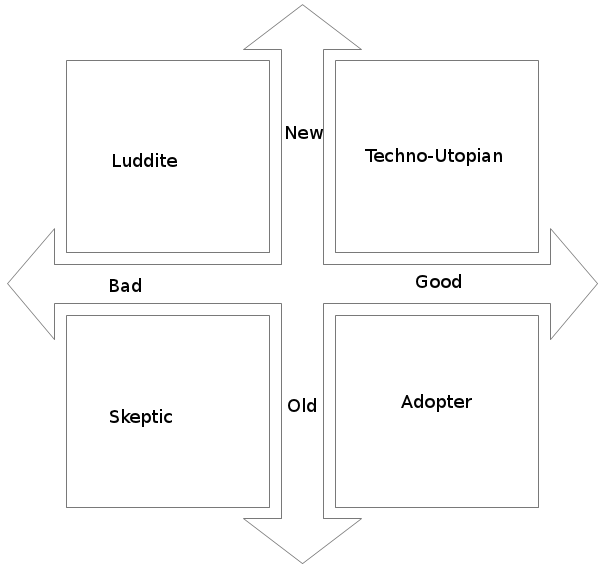The summer now underway, it’s a good time to take stock of gains, setbacks, and lessons learned from the semester. This post simply reviews the three sets of work undertaken over the past few months, and then try to detail the priorities and next steps necessary to continue progress towards the dissertation. Between materials, structures, and approaches, more incommensurability than contiguity prevails – yet weak ties persist in imagination and in theory. Broadly speaking, both epistemological and methodological considerations justify holding all three in concert, as parts of the long-term and focused project. And yet this can only hint at a strategy, it seems, and my largest outstanding challenge will be to find the coherent framework that unifies or at least governs the relationship between each of these schools of thought. Continue reading
Tag Archives: theory
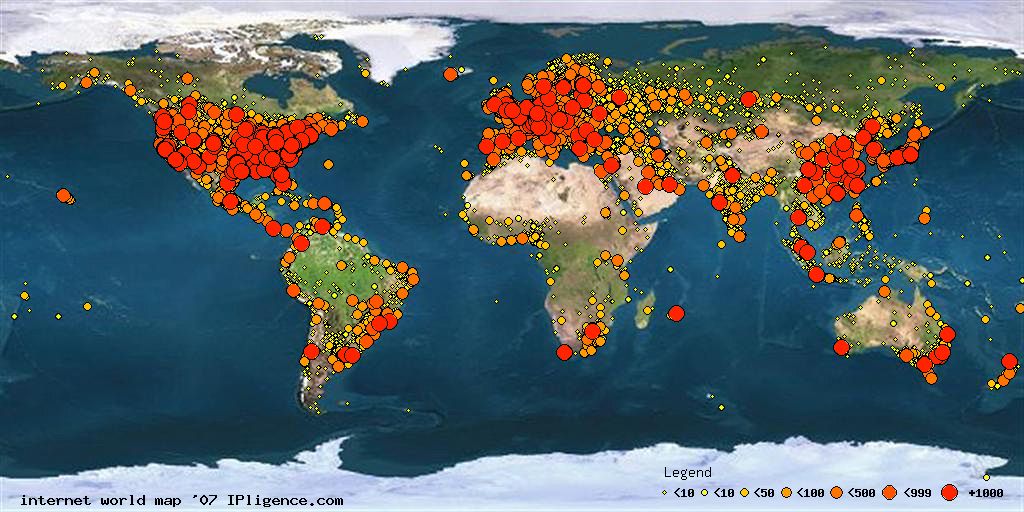

Foucault – on Biopolitics
The aspect of power/knowledge best suited for adoption by those dissatisfied with traditional political economy, social psychology, or political theory, Foucault’s concept of biopolitics addresses the machinations of power on the historically inscribed body, as well as the diffusion of actual relations of power between such bodies. In the lecture series “Security, Territory, Population” and “The Birth of Biopolitics”, he delves into the details of the conditions of power relations in neoliberal societies. Cautious to distinguish liberal and neoliberal contexts from the commonsense notion of freedom, and to differentiate power relations from individual rights or privileges, his argument rests on the ideas developed in his edited works such as Discipline and Punish, or the end of History of Sexuality. Here, biopolitics takes on the characteristics of State apparatuses, but extends beyond them into the quotidian practices of material, discursive, and economic life.
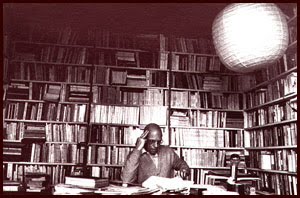
Foucault – on Governmentality
Introduced by Foucault late in his career, during the lectures at the College de France, governmentality spawns perhaps the most discussion among contemporary readings of his works. And no wonder:
Continue reading

Internet – Lit Reviews – New Media, Old Media Reader
The essays that comprise this reader forage far and wide for fodder. This review cannot encompass the entire scope of their contributions, but in the same way that the collection provides an introductory overview of many crucial topics in internet (and related media/technology) studies, we can begin with a look at some highlights from the text, and then return later for more in-depth analysis and critique of other selections. Wendy Chun’s introduction to the volume does a more complete and thorough job of this than can a blog post. If we begin with a review of her piece, then, we get a good sense of the state of internet research as far as media studies are concerned. What emerges at the limits of this research, made clear by her analysis of the variations on political-economic, visual-cultural, archaeological, systemic, and aesthetic themes taken up by the contributors, is the mobilization of an opposition between continuity and rupture, in both historical and theoretical terms. In other words, media studies – especially new media studies – is founded on the claim that it can mediate between change and continuity.
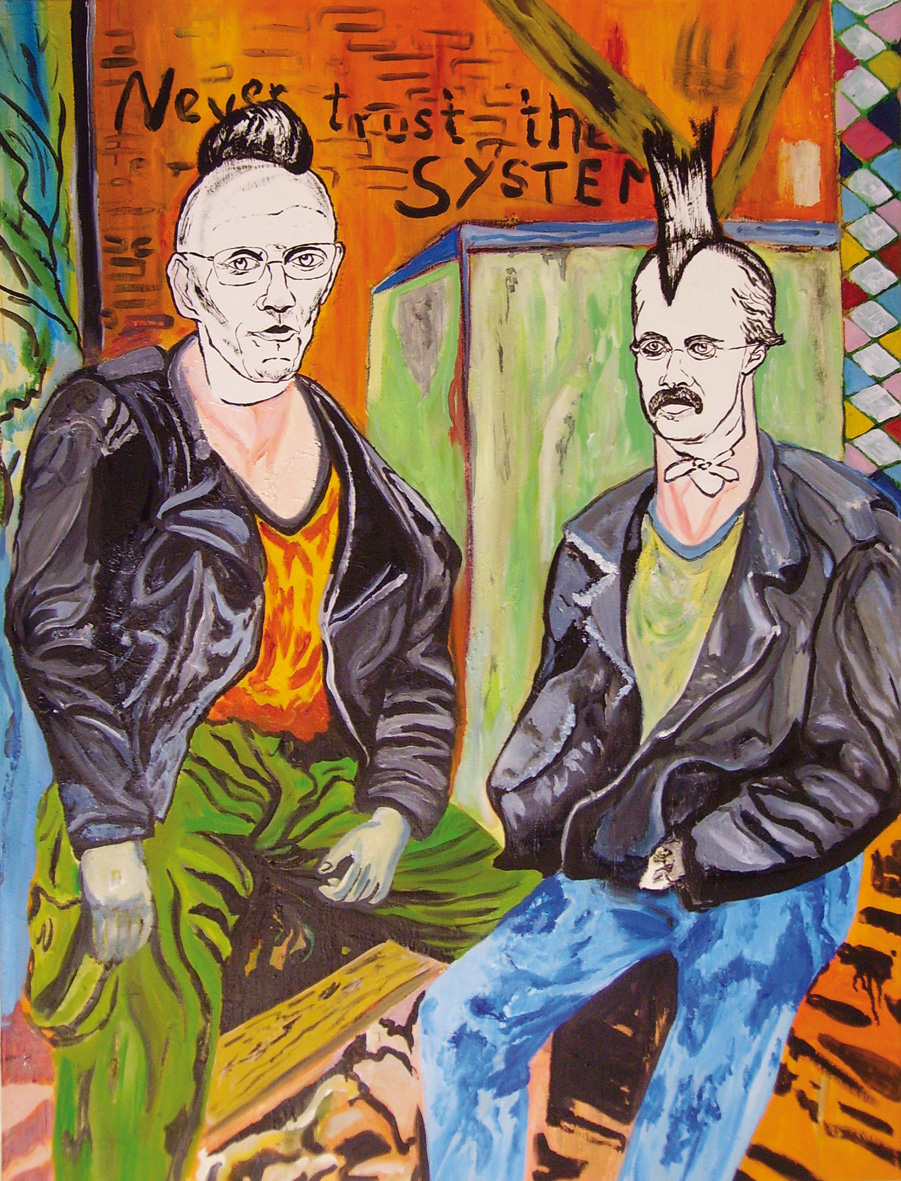
Foucault – Nietzsche, Genealogy, History
“Genealogy… must expose a body totally inscribed by history, and history’s destruction of the body.” (my translation)

Foucault – Birth of the Clinic
Foucault’s second major publication follows the immense History of Madness, and precedes The Order of Things. Its focus on the medical gaze, and on the epistemic shift concurrent with the turn of the 18th century, emphasizes the themes that carry between those two texts. Staunchly archaeological, The Birth of the Clinic traces the moduli of language as evidence and archive, entryways into the probing questions of medical practice and assumption throughout the period. Remarkably, throughout this subtle and sensitive critique of a scientific logic that insists upon the technical objectivity of images and words of the body, Foucault’s own treatment of the body – as historically and socially embedded – avoids direct confrontation with the conditions of possible embodiment of the medical regard itself.
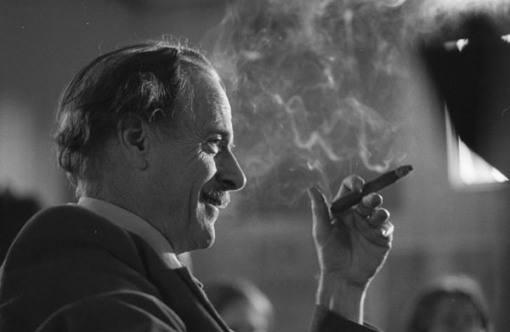
Internet – Lit Reviews – McLuhan, Manovitch
Whether one accepts straightforwardly deterministic speculation or not, whether one prefers to think the mind and the collective mind as functions of or factors in computing, we are bound by mediating forces. As the paragons of privileged speculation, Marshall McLuhan and Lev Manovich stand unchallenged as the sources for media and software theory in the United States. Their conceptual frameworks are most contentious when held against certain French thinkers’. McLuhan’s insight that all media contain as a message a prior medium finds a counterpoint in Regis deBray’s analysis of media as overlapping paradigms, rather than linear progressions. Manovich’s later contributions to software theory as a field in its own right takes as a direct target the archaeology of media as expounded by Michel Foucault, whose concentration on print and writing as valid archival data severely limits his historiographic impulses. But taking these two Anglo writers’ work on their own, we can unpack just where they stand, as well as their utility and inspiration for contemporary thought. Continue reading
The Plan
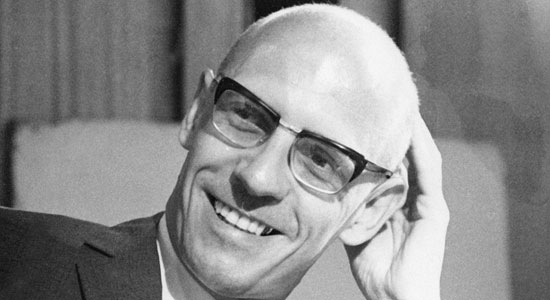
Foucault – Archeology of Knowledge
Foucault’s methodological treatise, a decade in the writing, dismantles and reassembles historiography and epistemology. Rather than treat its object — discourse — as evidence of contiguous historical phenomena, Archaeology of Knowledge (AK) situates discourse as the rules that govern our organization and understanding of historical (as well as political, social, and other sets of) knowledge. At the same time, it describes discourse as a practice that encompasses the very making of those rules. True, then, that this abbreviated forum, as always, would fall short of adequate recapitulation of the book’s themes, let alone to float critique. But we can try:
The frontiers of a book are never clear-cut: beyond the title, the first lines, and the last full stop, beyond its internal configuration and its autonomous form, it is caught up in a system of references to other books, other texts, other sentences: it is a node within a network. Continue reading
Internet – Synthesis – On Newness
The question of what, after all, is so new about the internet has run through the introductory and summary posts in this series. It is a divisive question. Some proclaim the revolutionary, worldchanging emergence of the internet a wholly unique phenomenon. Others describe its continuity with older forms of media, communication, technology, or ideas. And each vein has its proponents and detractors of the internet’s cultural effects, which seem ubiquitously manifest, though not unequivocally ethically or morally valenced. Since we are concerned, here, with not just cultural effects but also cultural conditions for today’s internet, though, we cannot neatly reduce our approach to any of these positions.
So, we are faced with a series of comparisons and contrasts.
